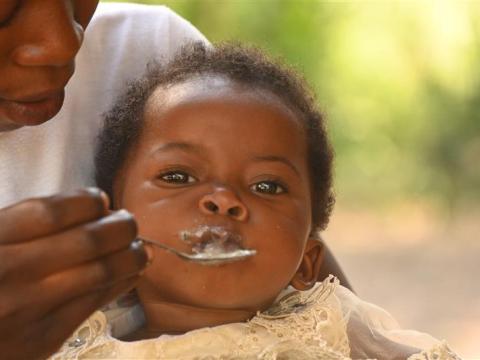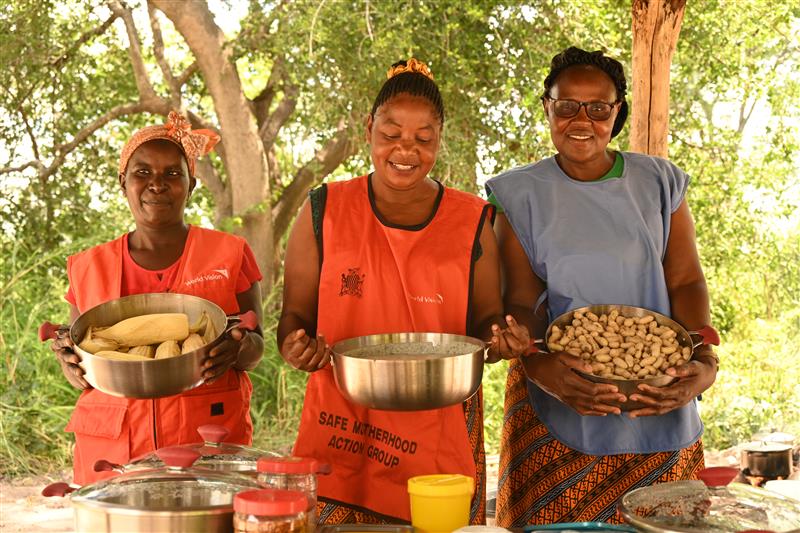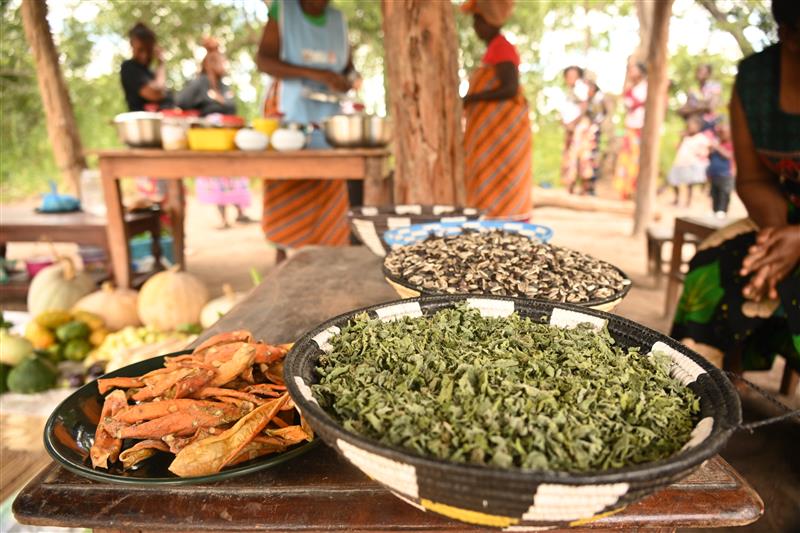Nutrition Supporters Transform Child Health In Katobo Zone

In the rural areas of Zambia, a remarkable change is taking shape thanks to the dedication of local nutrition supporters. Women like Vera Mufungulwa, 48 years old, are playing a vital role in helping mothers and children thrive by sharing practical knowledge about food. It’s not about complicated solutions, but about understanding how to make the most of what’s available right here at home.
In 2018, Vera, along with Inonge Mukelebai and Majory Lutangu, also 48, became involved in the Maternal Infant Young Child Feeding (MIYCF) program. The goal is simple: prevent malnutrition by teaching mothers how to use local foods to their full nutritional potential.

“As a nutrition supporter, I work with pregnant women and new mothers to show them how to use the foods around us,” Vera explains. “We discuss what different foods do— which ones provide energy, support growth, and keep us healthy.”
The advice they share is practical and easy to follow: using maize, sorghum, millet, cassava, and sweet potatoes for energy; incorporating local vegetables and fruits for vitamins; and including groundnuts, chicken, eggs, fish, or meat for protein. They also emphasize the importance of a small amount of sunflower oil for healthy brain development.
But knowing what to eat isn’t always enough. That’s where World Vision’s livelihood program comes in to fill the gap. They realized that families needed support to grow and prepare these nutritious foods consistently.

“Livelihood programs saw that mothers understood what their children needed, but sometimes they didn’t have reliable access to those foods,” says Majory. “So, they taught us how to grow, process, and even preserve food.”
The true impact of this work is most visible in the health of the children.
“When a baby is born, we encourage mothers to breastfeed exclusively for the first six months—nothing else,” Inonge emphasizes. “After that, we introduce different meal ideas for morning, lunch, and evening. This really helps the little ones grow up strong.”
For babies who struggle to eat, they’ve found a simple and effective solution: “We often recommend a light, fermented porridge made from local grains like fresh maize,” Vera adds.
The results speak for themselves. When children are healthier, they are less likely to get sick, which means families can be more productive, and children have a better chance at a bright future.
“Through feeding programs, we focus heavily on good feeding practices because if a child is unwell, mothers can’t focus on other important things like farming,” Majory explains.
Today, Katobo Zone stands as a shining example of what can happen when people have access to knowledge and opportunities. Families are growing their own nutritious foods, mothers feel more confident in feeding their children, and the entire community is experiencing positive change.
“The progress we’ve seen is thanks to the support from the Positive Deviance Hearth program and our dedication as nutrition supporters,” Vera says. “We see a real difference—and it all starts with the food we eat.”
For these women, it’s not just about providing food; it’s about fostering hope and resilience in their community and building a brighter future for the next generation.